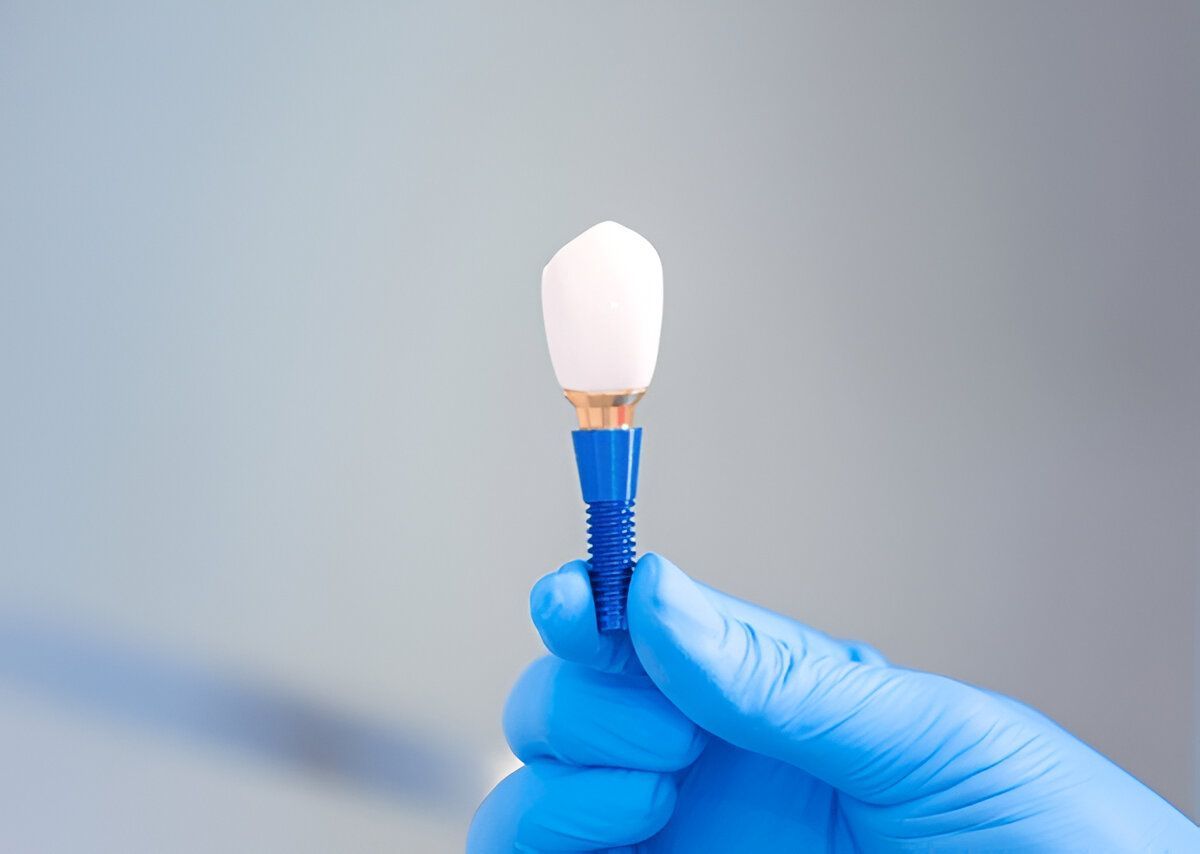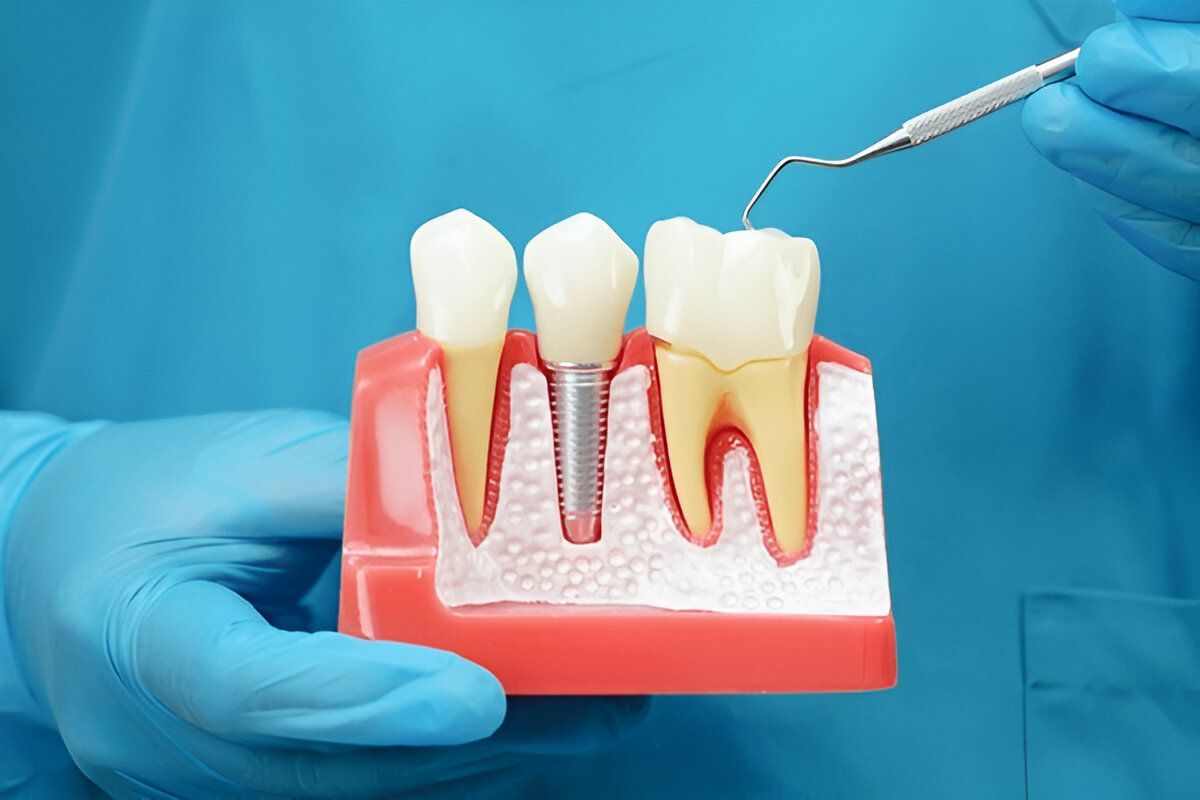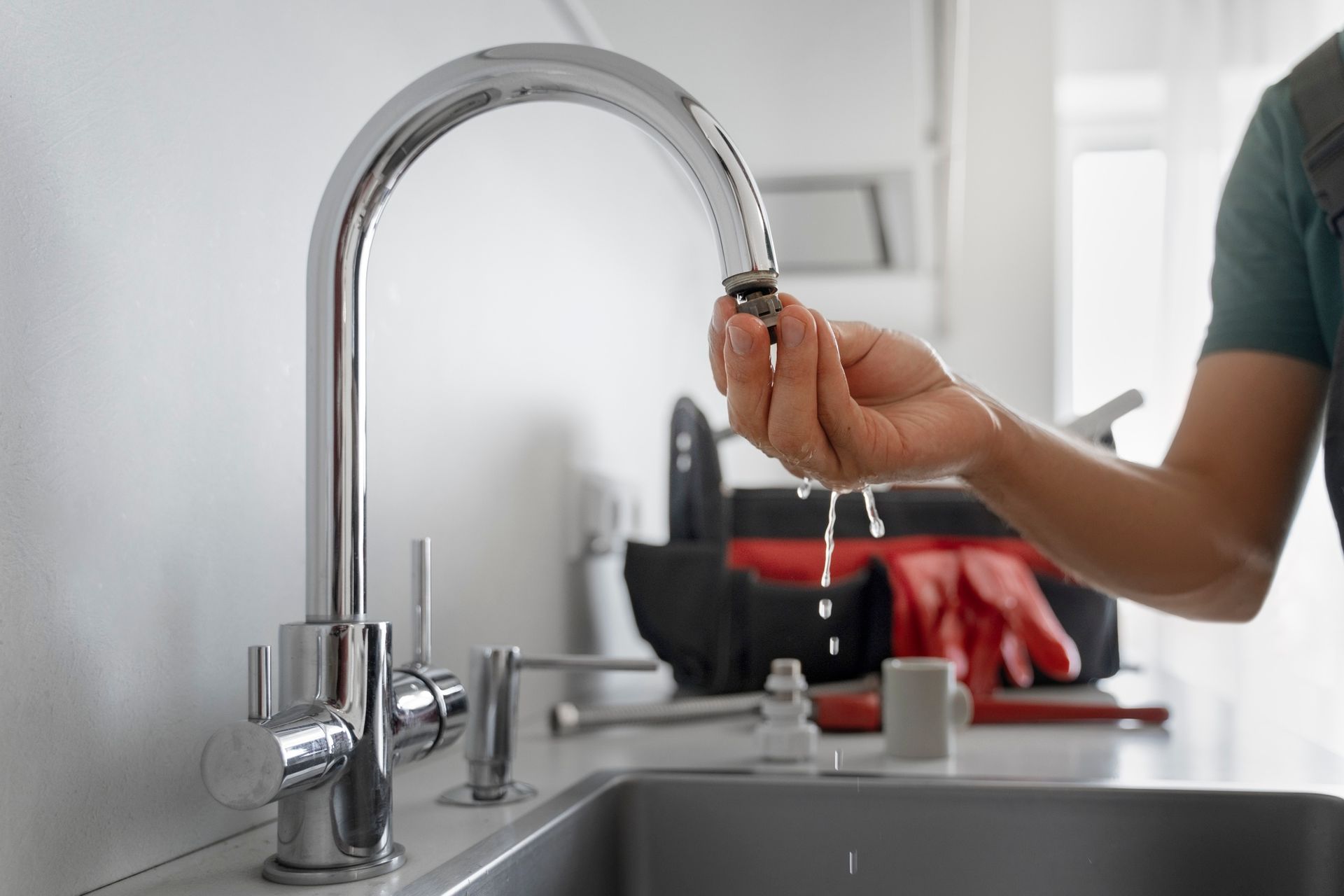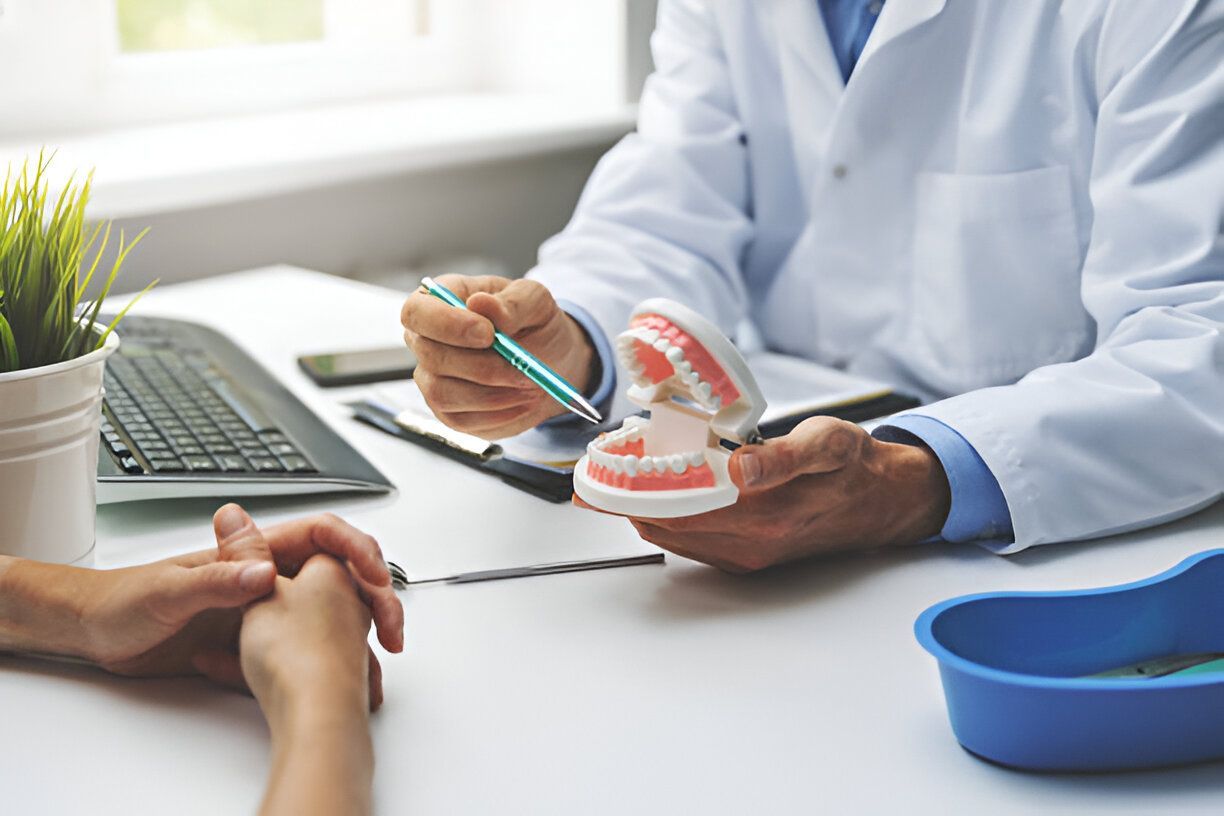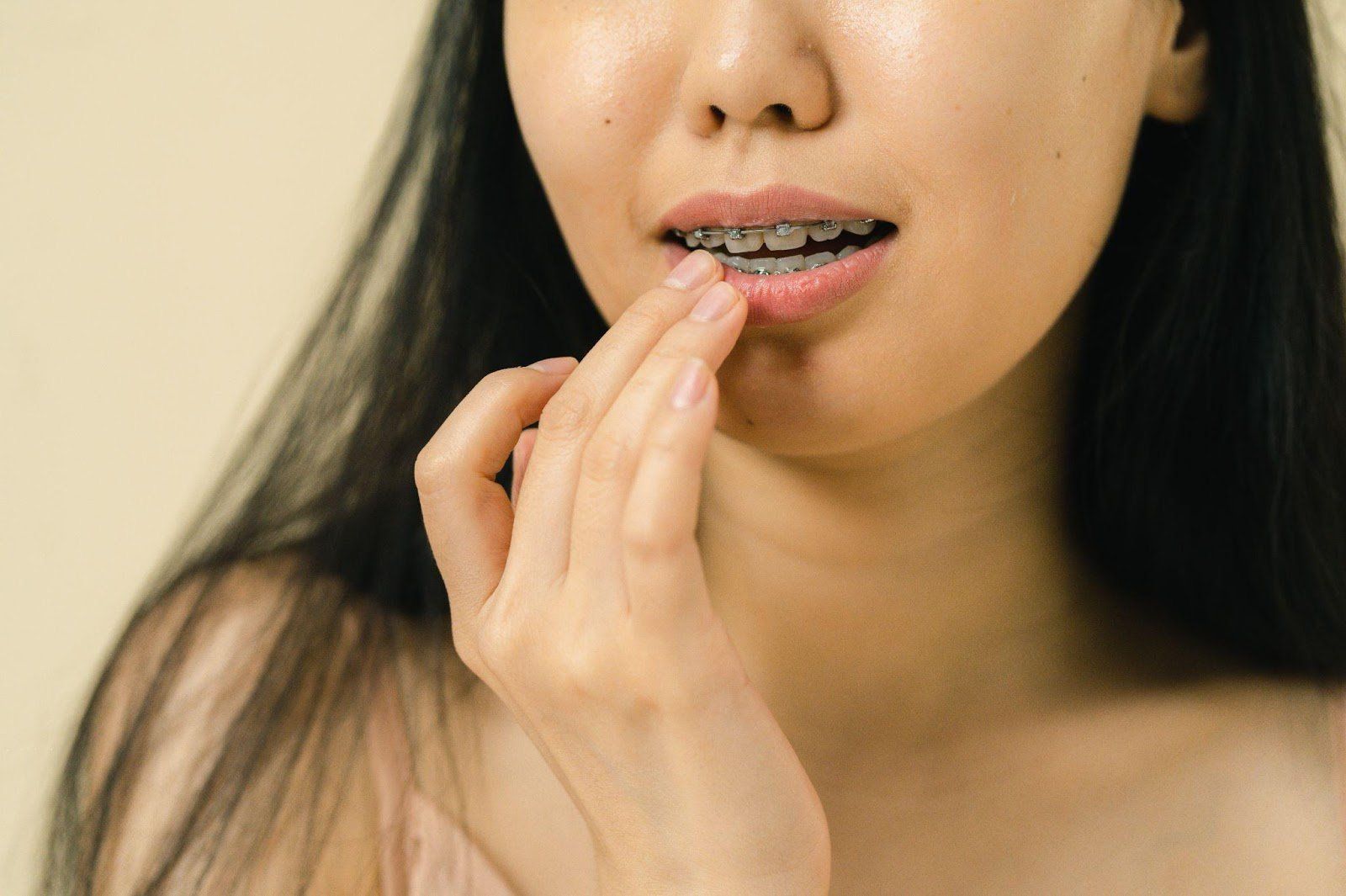How to Prepare for Your Oral Surgery Appointment in Brooklyn
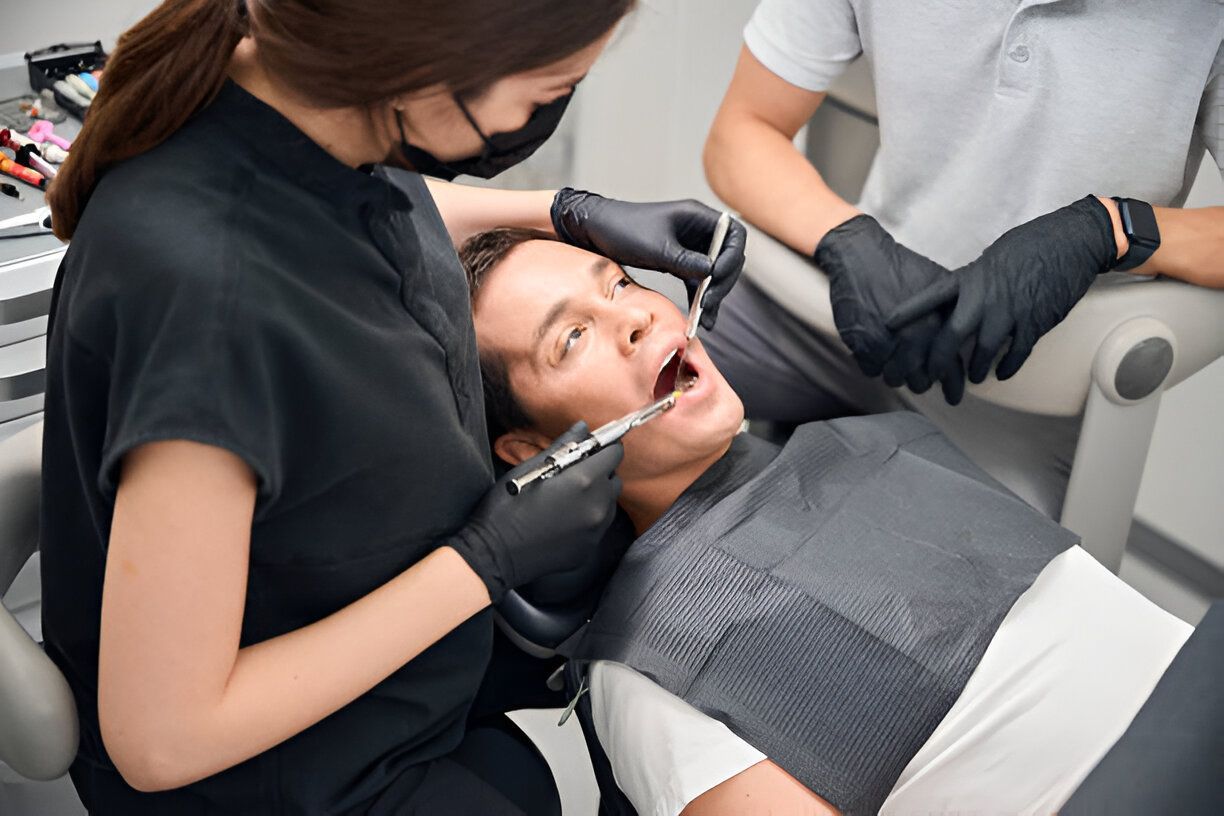
Scheduling oral surgery can feel intimidating — but good preparation can make all the difference in your comfort, safety, and recovery. At Park Dental Care Brooklyn, we believe that informed patients heal faster and feel more confident throughout the process.
Whether you’re getting a wisdom tooth removed, dental implants placed, or a more complex jaw surgery, this guide will walk you through exactly how to prepare, what to do the night before and day of surgery, and how to make your recovery smooth and stress-free.
Why Preparation Matters for a Smooth Recovery
Many patients think oral surgery is just an extended dental visit — but it’s actually a minor surgical procedure that often requires sedation, rest, and a recovery period. Knowing the right oral surgery preparation tips ahead of time can make your experience much safer and your recovery much smoother.
What Makes Oral Surgery Different from a Routine Dental Visit
Unlike routine cleanings or fillings, oral surgery can involve:
- General anesthesia or IV sedation
- Surgical incisions or stitches
- Temporary dietary changes
- Time off work or school
When you understand these differences, you can plan ahead and reduce the risk of complications.
Common Types of Oral Surgery Procedures
At Park Dental Care Brooklyn, the most common oral surgery treatments include:
- Wisdom tooth extractions
- Dental implant placement
- Bone grafts or sinus lifts
- Corrective jaw surgery
- Biopsies or removal of cysts
Each procedure has its own preparation steps, but the basics are similar.
Discussing Your Treatment Plan with Your Oral Surgeon
One of the most important steps happens before your surgery day: your pre-surgical consultation.
Questions to Ask Before Surgery
Make a list of questions so you feel fully informed. Good examples include:
- How long will the surgery take?
- What type of anesthesia will be used?
- Are there medications I should stop before surgery?
- What will my recovery timeline look like?
At Park Dental Care Brooklyn, we encourage open communication to help you feel confident in your care.
Understanding Anesthesia and Sedation Options
Depending on your procedure and anxiety level, you may receive:
- Local anesthesia: Numbs only the surgical area.
- IV sedation: Makes you drowsy and unaware.
- General anesthesia: You’re completely asleep.
Always follow your surgeon’s instructions about fasting before anesthesia.
Reviewing Medical History and Medications
Be honest about your health history and all medications, including over-the-counter supplements. Certain blood thinners, for example, may need to be paused under your physician’s guidance.
Your Pre-Surgery Checklist
Staying organized can help you feel more relaxed as your appointment approaches.
Arrange Transportation and Time Off Work
If you’re receiving IV sedation or general anesthesia, you cannot drive yourself home. Ask a trusted friend or family member to bring you to your appointment, wait during surgery, and take you home safely. Arrange your ride before the day of surgery.
Plan for a Caregiver if Needed
If you live alone, consider having someone stay with you for the first 12–24 hours after surgery. This is especially important if you’ll be on prescription pain medication.
Pick Up Prescriptions in Advance
Your oral surgeon may prescribe pain medication, antibiotics, or mouth rinses. Fill these before your surgery day so you don’t have to stop at a pharmacy afterward.
Dietary Restrictions Before Oral Surgery
Many patients overlook this — but it’s essential for safe anesthesia and a comfortable recovery.
When to Stop Eating or Drinking
If you’re receiving sedation or general anesthesia, you’ll likely be instructed not to eat or drink anything for 6–8 hours before surgery. This prevents nausea and complications during the procedure.
Always follow the fasting instructions exactly as given by your oral surgeon.
Foods to Have Ready at Home for Recovery
Stock your kitchen with soft, easy-to-eat foods. Good choices include:
- Yogurt and pudding
- Applesauce
- Mashed potatoes
- Broths and lukewarm soups
- Protein shakes
Avoid foods with small seeds, nuts, or anything crunchy that could irritate your surgical site.
What to Avoid on Surgery Day
Skip coffee, alcohol, or energy drinks before your procedure. Also, do not chew gum or smoke — both can complicate anesthesia and healing.
Preparing Your Home for Recovery
The more you do in advance, the more comfortable you’ll feel during the first days of recovery.
Create a Comfortable Recovery Space
Set up a spot where you can rest with your head elevated — a recliner or an extra pillow on your bed works well. Keep essentials within reach: your phone, water, tissues, and any prescribed medication.
Stock Up on Soft Foods and Ice Packs
Plan to ice your face in the first 24–48 hours to reduce swelling. Prepare cold compresses or freezer gel packs ahead of time.
Tips for Pet and Child Care Arrangements
If you have young children or pets, arrange extra help for the first day or two. This lets you focus on resting without added stress.
Day of Surgery: What to Expect
Here’s what you should know to make your appointment stress-free.
How to Dress for Oral Surgery
Wear loose, comfortable clothing and short sleeves if you’ll receive IV sedation (this makes it easier to place an IV line). Avoid jewelry, makeup, or contact lenses. Pull long hair back.
Arriving at the Office on Time
Plan to arrive at least 15 minutes early to complete any final paperwork and to review your procedure details. Bring your ID, insurance cards, and a list of current medications.
What Happens Right Before Anesthesia
Your oral surgeon will review your treatment plan one last time, answer any last-minute questions, and ensure you feel comfortable before administering anesthesia.
Post-Operative Care Tips
Knowing what to expect after surgery helps you heal faster and with fewer complications.
Managing Pain and Swelling
Mild discomfort and swelling are normal. Use cold compresses in 20-minute intervals for the first two days, then switch to warm compresses if needed. Take your prescribed pain medication exactly as directed.
Dos and Don’ts After Oral Surgery
- Do: Rest, drink plenty of fluids, and eat soft foods.
- Don’t: Smoke, drink through straws, or engage in strenuous activity for at least 48 hours. These actions can dislodge blood clots and cause painful complications like dry socket.
When to Call Your Surgeon
Call Park Dental Care Brooklyn immediately if you experience:
- Excessive bleeding that doesn’t stop after applying pressure
- Signs of infection, such as fever or foul odor
- Severe pain that isn’t controlled by medication
Common Mistakes to Avoid
A little preparation helps you sidestep these common pitfalls.
Eating or Drinking Too Close to Surgery
Fasting is critical for safe anesthesia. If you eat or drink too late, your surgery may need to be rescheduled.
Driving Yourself Home
Patients often underestimate the lingering effects of sedation. Always arrange safe transportation — driving yourself is never safe after sedation.
Not Following Post-Op Instructions
Ignoring your post-surgery instructions can lead to infections, prolonged swelling, or delayed healing.
Frequently Asked Questions (FAQ)
How should I prepare for anesthesia?
Follow your fasting instructions exactly. Wear comfortable clothes, and arrange for someone to drive you home afterward.
Can I eat before my oral surgery?
If you’re receiving sedation or general anesthesia, you must stop eating and drinking 6–8 hours before surgery — even water. If you’re having local anesthesia only, your surgeon may allow a light meal.
Should I stop taking certain medications?
Some medications, like blood thinners, may need to be paused. Never stop a medication without discussing it with both your oral surgeon and your prescribing physician.
How long will recovery take?
Most patients return to work or school in 2–3 days for simple procedures like tooth extraction. More complex surgeries may require up to a week or more of downtime.
When can I return to normal activities?
Avoid strenuous activities for at least 48–72 hours to allow proper healing and reduce the risk of complications.
Final Thoughts: Feel Confident on Your Surgery Day
Preparing well for your oral surgery makes your experience safer, less stressful, and more comfortable. When in doubt, ask your surgeon questions — no concern is too small.
At Park Dental Care Brooklyn, we’re here to guide you through every step — from your first consultation to full recovery.
Ready to plan your procedure? Contact us today to schedule your personalized oral surgery consultation and take the first step toward a healthy, confident smile.
